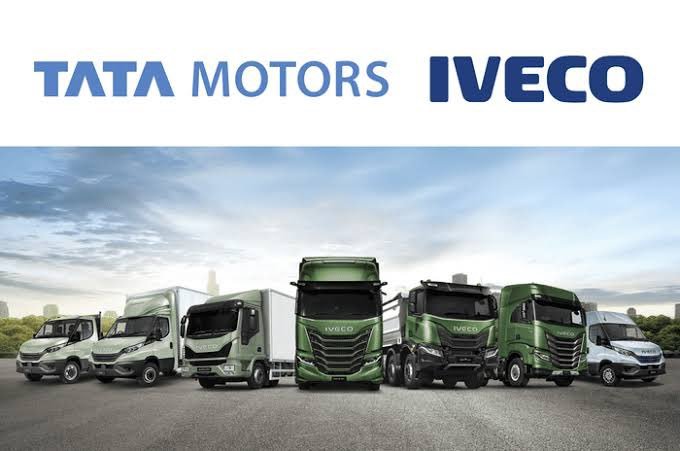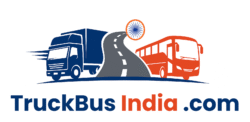News List
Tata Motors to Buy Iveco Group for €3.8 Billion, Creating a Global Commercial Vehicle Powerhouse

Tata Motors Limited is set to make one of its biggest moves yet — acquiring Iveco Group N.V., the European commercial vehicle giant, in a deal worth €3.8 billion. The all-cash voluntary tender offer, unanimously approved by Iveco’s board, aims to combine the strengths of both companies into a new global leader. Together, they expect to sell around 540,000 vehicles a year and generate revenues of more than €22 billion (₹2.2 lakh crore).
How the Deal is Structured
The offer will be made through a wholly owned Dutch subsidiary of Tata Motors. It will only go ahead after Iveco’s defence business is separated — a process expected to finish by 31 March 2026. Tata will pay €14.1 per share in cash (including dividends but excluding any tied to the defence unit). This price offers a 22–25% premium over recent market prices, or a 34–41% premium when factoring in the anticipated extraordinary dividend of €5.5–€6.0 per share from the defence business sale.
Backing the deal is Iveco’s largest shareholder, Exor N.V., which owns 27.06% of shares and 43.11% of voting rights. Exor has committed to selling all its shares. With fully secured financing, the companies have added certainty that the deal will be completed.
Why This Merger Matters
This is a meeting of two complementary strengths. Tata Motors dominates in India and emerging markets, while Iveco has a strong foothold in Europe and the Americas. Their product lines have little overlap, meaning the combination widens reach without cannibalising markets.
Once merged, the new group will keep its headquarters in Turin and maintain a balanced operational presence — 50% in Europe, 35% in India, and 15% in the Americas. Both companies have promised there will be no job cuts or plant closures as a direct result of the deal for at least two years after it closes. They also plan to speed up progress in innovation, sustainability, and digital transformation by sharing engineering, manufacturing, and supply chain capabilities.
What Leaders Are Saying
Tata Motors Chairman Natarajan Chandrasekaran described the acquisition as “a logical next step” following Tata’s demerger of its commercial vehicle business, putting the group in a stronger position as a global competitor. Iveco Chair Suzanne Heywood called it a “strategically significant combination” that offers greater job security and growth opportunities. Senior leaders from both sides, including Tata’s Girish Wagh and Iveco’s Olof Persson, emphasised how the partnership could fuel innovation, growth, and resilience at a time when the commercial vehicle industry is rapidly evolving.
Board Backing and Employee Assurances
Iveco’s board fully supports the deal, saying it’s in the best interests of shareholders, employees, and stakeholders. Goldman Sachs advised Iveco and confirmed that the deal terms were fair.
For the first two years after completion, a set of binding commitments will protect jobs, preserve brand identity, ensure investment commitments, and maintain governance standards. Employee rights and benefits will be safeguarded, and the Iveco board will retain key decision-making powers, with at least two independent directors overseeing that these promises are kept.
Next Steps
The deal still needs regulatory and shareholder approval and hinges on the completion of Iveco’s defence business separation. If everything goes to plan, the transaction should close in the first half of 2026. Iveco will then be delisted from Euronext Milan and become a wholly owned subsidiary of Tata Motors.
This merger is expected to reshape the commercial vehicle landscape — combining scale, innovation, and sustainability to set new benchmarks in the industry.
